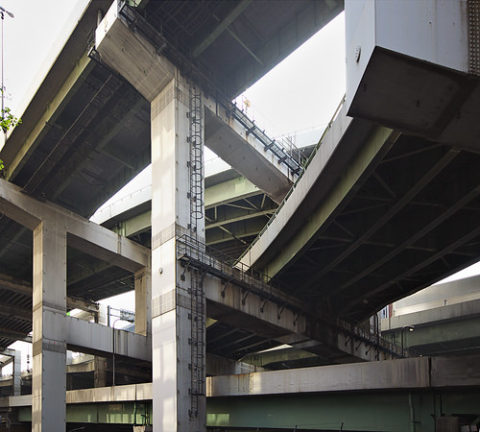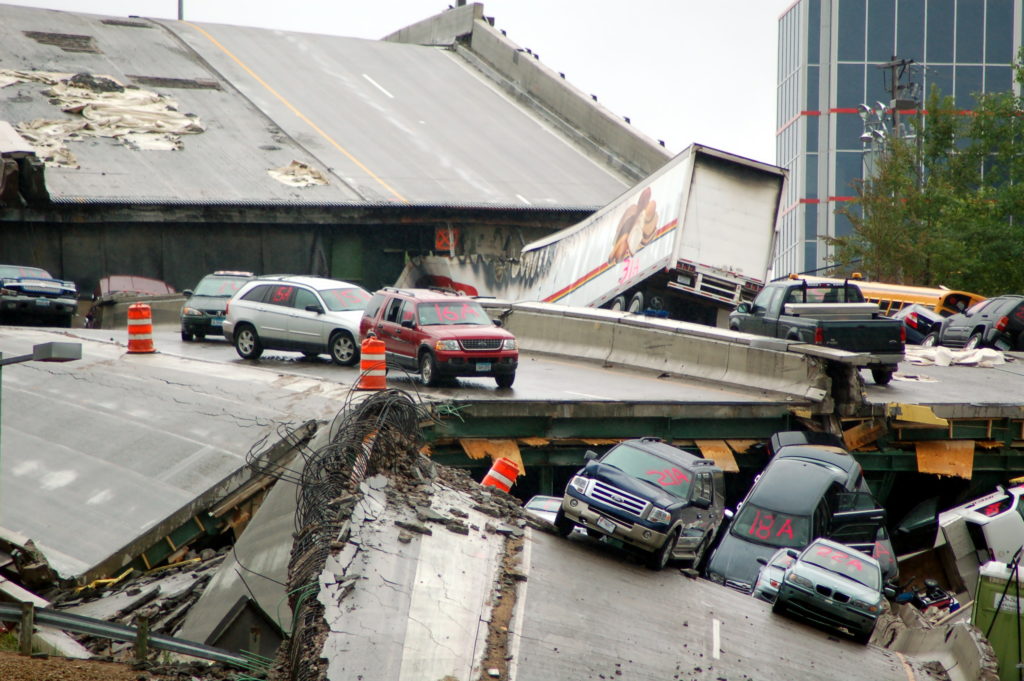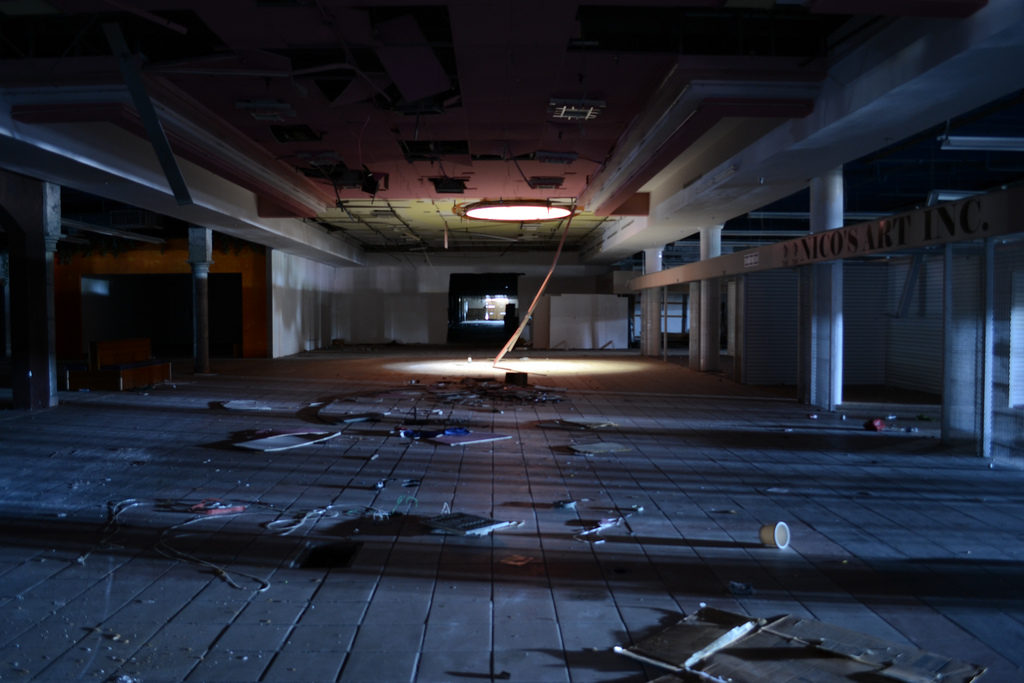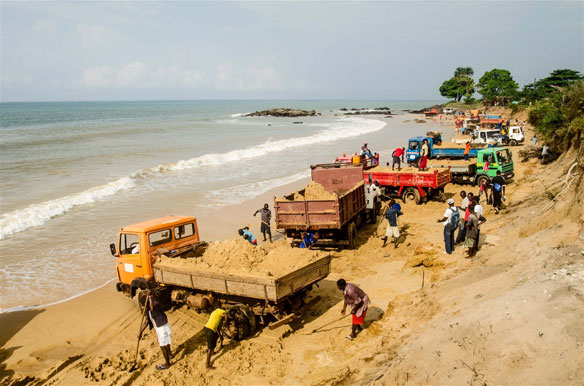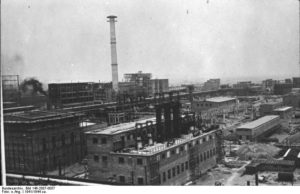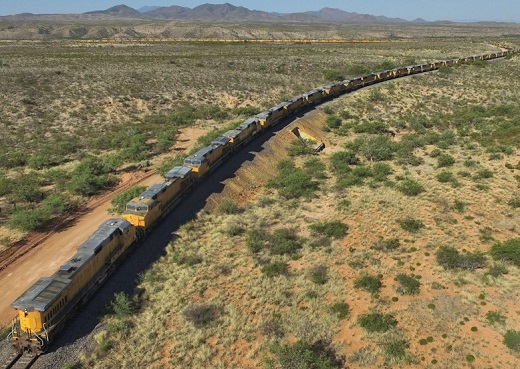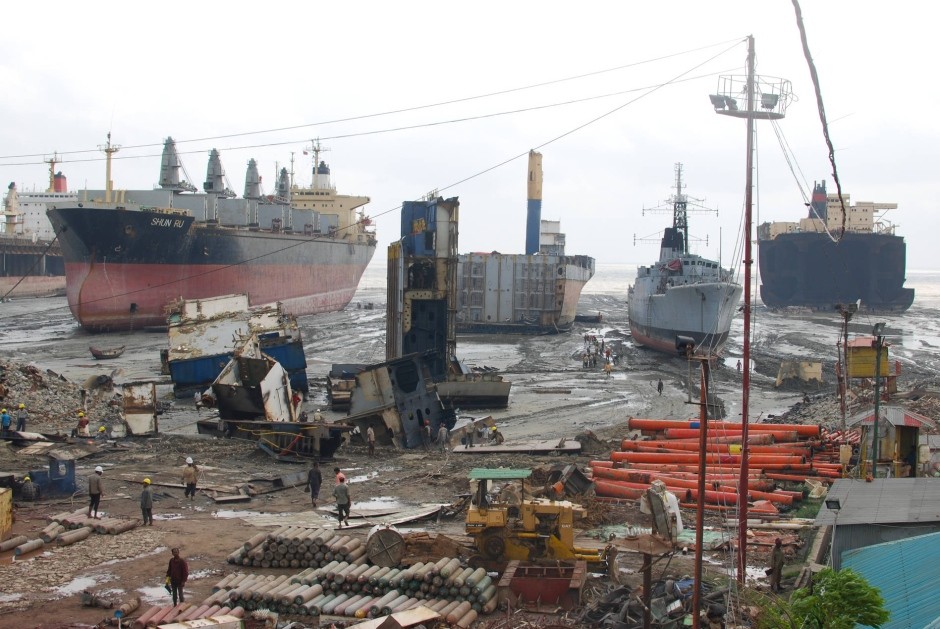Podcast: Play in new window | Download
Subscribe: RSS
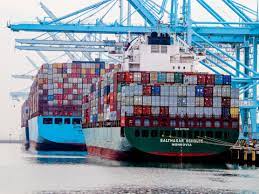
As many as a hundred of these monsters, fully loaded, are queued up at anchor off the coast of Southern California waiting to offload. The backup is the worst in history and no end is in sight.
Remember the 1990s, when all the smart (i.e. rich) people in the room believed that Japan was eating our lunch and would soon bestride the world? (The movie Rising Sun, which came out in 1993, summed it all up.) The Japanese were buying American real estate, American companies and American debt with wild abandon, and our American oligarchs were swooning with admiration.
One of the techniques they most admired, and immediately began to emulate, was the concept of just-in-time manufacturing and inventory control. The Japanese had discovered that with the computational and communications speed of computers, you could arrange the delivery of raw materials to a factory, or manufactured goods to a retail store, to occur precisely when they were needed. This saved the costs of warehousing and sped up reimbursement.
What industry touches, industry kills, and industry wrapped this concept in an octopus-like embrace. When industry scales something up, it increases profits and concentrates risks, but the profits almost always come first and the risks appear later. The benefits of just-in-time management to industry have been bountiful for 30 years. Now it’s later. Continue reading
